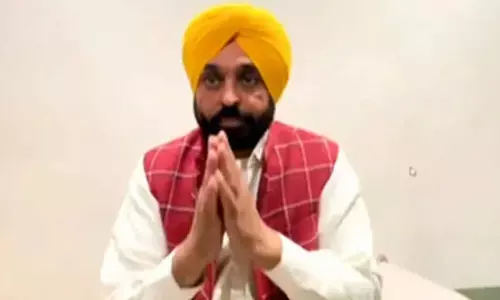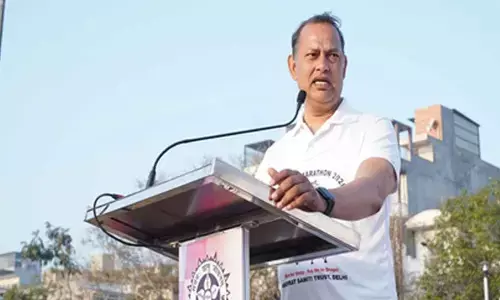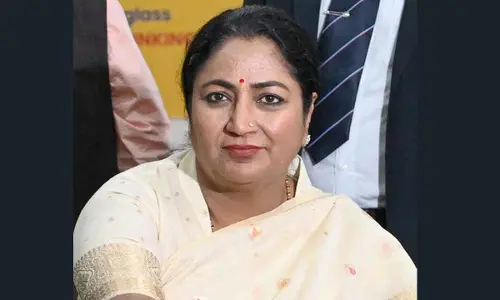Times are changing so are policies

A unique point about the policy is that it aims to implement global education in Indian system
The long age educational policy of our country is revamped by the policy formulators. We as humans require time and a comprehensive approach to getting used to changes. Times are changing and so are the policies.
The NEP wants to make sure that our students who are the flag bearer of tomorrow's development can match steps on the global level. Human minds take time to adapt to changes and that too if the policy insights are detailed to them with precision. Obviously, this policy is crucial as it is going to provide children a dimension to which they are going to adhere in order to prosper in life.
Raul Villamarin Rodriguez, primarily a native of Spain but residing in India since last 10 years, an MBA, MHRM, and MSc in Big Data and BI from Universidad Isabel I, Spain and has completed his Ph.D. in Artificial Intelligence and Robotic Process Applications to HR from San Miguel University, Mexico told The Hans India that a unique point about the policy is that it aims to implement global education in Indian system.
He said that the aim should be to Imbibe Indian education in the globe. This fact is backed up by the top rankings of many Indian institutes across the world. Students from many countries come to study in these institute. The general misconception that Indian education system is not that qualitative needs to be discarded at the earliest.
He said "The policy will leave a mark globally if there is a clear critical thinking component in the implementation. Education cannot be merely job driven or skill oriented. Nurturing the mind holistically is essential."
Regarding NEP he considers it a welcome policy that requires thorough implementation with ground level activities not to remain a mere draft. If done correctly, could advance Indian education in the global spectrum.
He also quoted the quintessential elements of this policy which if implemented in concord can be beneficial. These included Internationalisation, Credit Transfer, Dual degree, ABC, and Later Entry.
He also coined the term Assurance of learning (AOL) which is a big factor to answer the question why to study. Is there any advantage? The answer lies in the fact that how much one has learnt. On ground level the direct feedback can be obtained by institutions by assessment tests and the indirect mode on a larger scale can be given by government and Corporates. The question that needs answering is whether the incoming for students is absorbed by them.
Rodriguez said the primary purpose of doing AoL is ensuring that students have achieved the set goals. "The policy affects all learners, including families," he said. The NEP shall be backed by adequate monitoring of progress and quality controls. The process, he said entails the programme to - define its learning goals, assess student achievement for these goals, and utilise what is learned through assessment to continually improve its curriculum.
Stackable micro credits are another valuable aspect of this policy. If we partner with other institutions across the globe then these credits will enable a student to pursue multiple courses. In fact, without credits, Indian education system could be running decades behind its Asian and Western counterparts, he remarked. The future of education is focused on flexibility in the entire learning ecosystem with all major players (corporates, universities, governments and families) working in alignment.
Referring to the integration of regional languages he said he has some reservations. At the school level, up to 6th or 7th std it may help but if we look at higher levels, including higher education, it will become a Herculean task to monitor the learning progress rate and AoL in the long run, he felt.








